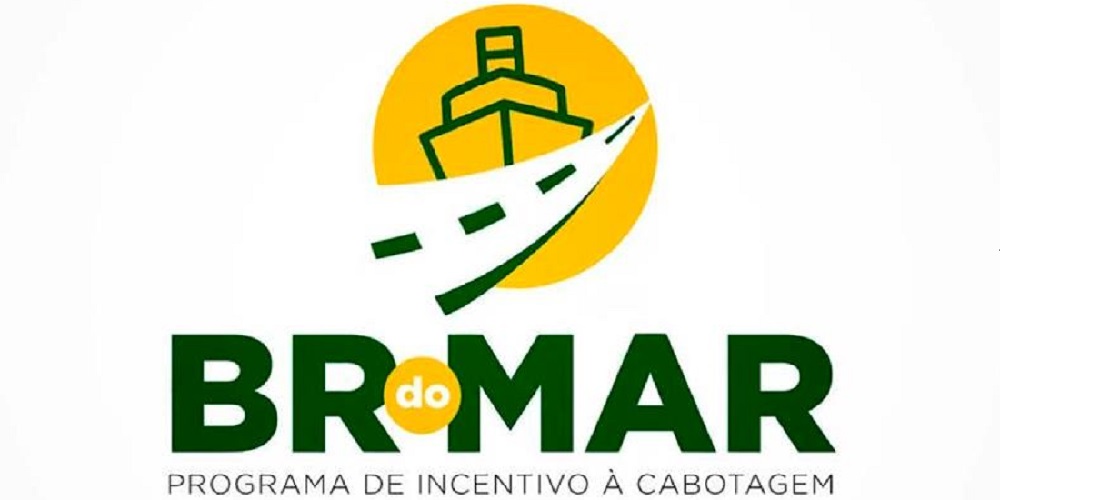
Agribusiness withstand logistical crisis in 2021 with strikes and crammed ports
Jan, 03, 2022 Posted by Gabriel MalheirosWeek 202201
Amid growing inflation rates, fuel prices monopolized the discussions over cargo transportation in early 2021. The high cost of diesel motivated truck drivers to carry out protests across the country at the beginning of the year.
Lines
After delays in crop planting, the flow of the 2020/2021 harvest was imperiled by the strike, which generated long shipping and landing lines at Brazilian ports, reviving scenes seen in previous years. ]
Controversial way out
To get around the rise in fuel prices, the government announced measures that displeased the biofuel and vegetable oil industry. In addition to reducing the mix, the reduction in diesel taxes also led to controversial talk among the sector.
Ferrogrão, the Brazilian grain railway
In rail transport, the government’s main approach to improving grain flow infrastructure was suspended by the Federal Supreme Court as a result of a decree that disfranchised part of the Jamanxim National Park, which violates the Constitution. Thus, the railroad became the center of debates over logistical sustainability.
Drought
As for the waterways, below-average rainfall brought inland navigation on the Tietê-Paraná axis, one of the basins most affected by last year’s drought, to a standstill.
International crisis
On the high seas, an accident in the Suez Canal brought to light a crisis at the beginning of the pandemic. With no containers available and sea freight prices reaching record levels, the maritime transportation faced queues to ship products to the extent of having to improvise to meet all export requirements established by contract.
Privatizations and concessions
Following a privatization schedule defined at the beginning of Jair Bolsonaro’s term in office, the Ministry of Infrastructure advanced in approving concessions for roads, ports, and railways. With a new legal framework for the railway sector, the government granted nine authorizations for the construction of new roads and obtained, in the Senate, the approval of BR do Mar – a project that will allow international companies to operate in cabotage transport.
BR do Mar
The BR do Mar, the new framework project that grants flexibility to the chartering of foreign vessels used in cabotage, advanced in Congress. The project had its basic text approved by the Lower Chamber and awaits the vote on the amendments presented by the deputies.
Source: Globo Rural
To read the full original article visit:
-
Coffee
Mar, 10, 2020
0
Brazil’s coffee crop forecast to be 14.2% higher than in 2019
-
Sugar and Ethanol
Jun, 17, 2020
0
As demand booms, waiting time for sugar loading at Rumo terminal reaches 45 days
-
Ports and Terminals
Mar, 08, 2021
0
Second Covid-19 wave expected to have less impact on logistics
-
Steel and Aluminium
Jun, 11, 2021
0
Steel mills in ES import steel coils and plates



